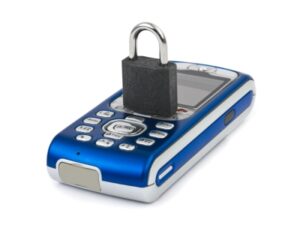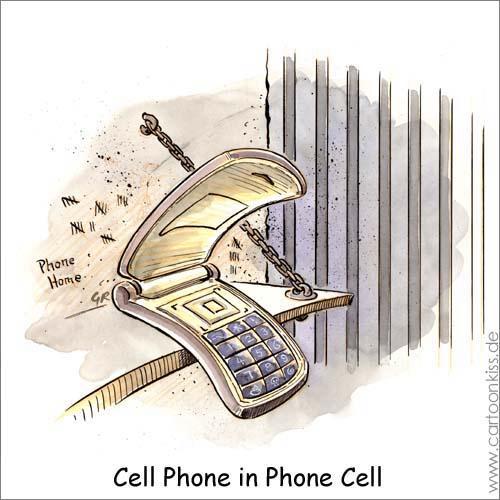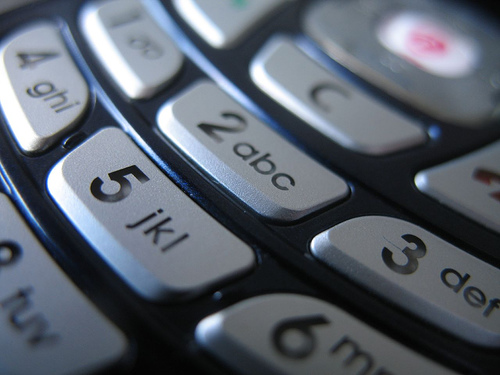 An update on the progress of a proposed law in Michigan to add tougher penalties to the law prohibiting contraband cell phone use by prisoners. The article states, “Roesler said the main concern with inmates possessing a cellphone has more to do with security than the inmate being able to call out of the jail. With the cell phones now, they act as cameras and computers as a way to communicate and receive information. They can receive intelligence information and take pictures of corrections officers and witnesses. It could be a major security breach.”
An update on the progress of a proposed law in Michigan to add tougher penalties to the law prohibiting contraband cell phone use by prisoners. The article states, “Roesler said the main concern with inmates possessing a cellphone has more to do with security than the inmate being able to call out of the jail. With the cell phones now, they act as cameras and computers as a way to communicate and receive information. They can receive intelligence information and take pictures of corrections officers and witnesses. It could be a major security breach.”
Contraband cell phone use can be reduced by offering an alternative such as the meshDETECT secure prison cell phone solution. These phones have no cameras or internet access.
Two proposed bills — worked on by Muskegon County’s sheriff and state senator, and which would raise the penalties for possession and use of cellphones by inmates — is working its way through the Legislature.
The bills would amend current law to prohibit state prisoners and county jail inmates from possessing a cellphone and prohibit anyone from furnishing them with a cellphone.
Under the bills, violators of the ban would face a felony charge punishable by up to five years in prison, a maximum fine of $1,000 or both. Currently, inmates found in possession of cellphones face confiscation of the devices and losses of privileges.
The legislation currently is before the House Judiciary Committee. The state Senate passed the bills, Senate Bills No. 551 and No. 552, on votes of 34-3 in September, sending them to the House.
Muskegon County Sheriff Dean Roesler and state Sen. Goeff Hansen, R-Hart, collaborated on the proposed legislation. Hansen is the primary sponsor of the bills.
Roesler said the main concern with inmates possessing a cellphone has more to do with security than the inmate being able to call out of the jail.
“With the cell phones now, they act as cameras and computers as a way to communicate and receive information,” Roesler said. “They can receive intelligence information and take pictures of corrections officers and witnesses. It could be a major security breach.”
Hansen called cellphone use by inmates and prisoners “a real safety concern.”
“They could call witnesses outside the jail or prison, coordinate a guard’s movements,” Hansen said. “There could be some real danger.”
The language of the proposed legislation prohibits use by inmates and prisoners of all wireless communication devices.
In addition, the proposed legislation calls for cellphones and other devices confiscated as contraband to be donated to Cell Phones For Soldiers Inc., a nonprofit organization dedicated to providing deployed and returning troops cost-free methods to communicate with family while serving in the U.S. military.
Roesler said he was pleased to learn the bills passed the Senate and anticipated the potential benefits of the proposed changes to the law.
Currently, “an inmate bringing or possessing a cellphone in the jail would only have administrative sanctions, a loss of privileges, like TV or trustee status,” he said, pointing to the criminal charges proposed with the legislation being considered.
Hansen said he will push for the bills’ consideration by the state House.
“We’ll keep working on it because it’s common sense,” Hansen said. “What do you do if you’re in the sheriff’s position, because you don’t have any punishment.”
- Blockchain System for Compliant Inmate Transactions - March 4, 2025
- Securus Gets the Signal, Eleven Years Later - August 23, 2024
- Multi-Blockchain System for Inmate Forensics - April 2, 2024




